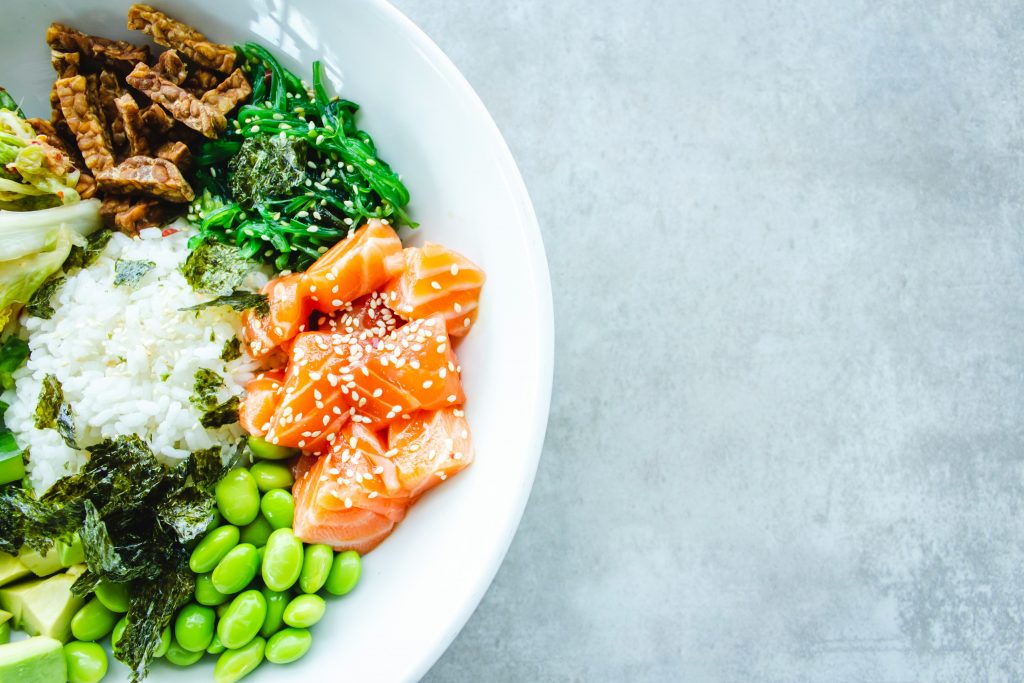“Snack Smart: 7 Nutritious Bites to Boost Senior Health“
Aging gracefully involves not only staying active but also making mindful dietary choices. Healthy snacking plays a crucial role in maintaining energy levels, supporting bone and heart health, and managing weight. Contrary to popular belief, snacking isn’t always a bad habit—it can be a strategic part of a balanced diet, especially for seniors. With careful selection, even those managing conditions like diabetes or hypertension can enjoy delicious snacks without compromising their health. Here’s why healthy snacking is important and seven top snack options to keep you nourished and satisfied.
“Why Healthy Snacking Matters for Seniors“
- ● Provide Essential Nutrients: Fill nutritional gaps with vitamins, minerals, and fiber.
- ● Maintain Energy Levels: Sustain energy between meals with balanced snacks.
- ● Support Weight Management: Prevent overeating during main meals by choosing nutrient-dense options.
- ● Enhance Mental Sharpness: Support cognitive function and mood stability.
“Snacking Isn’t Always a Bad Habit“
It’s a common misconception that snacking leads to weight gain and poor health. However, when done correctly, snacking can:
- ● Prevent Overeating: Small, healthy snacks can curb excessive hunger, reducing the likelihood of overeating later.
- ● Stabilize Blood Sugar: Regular snacks help maintain steady blood sugar levels, beneficial for those with diabetes.
- ● Support Heart Health: Choose snacks low in unhealthy fats and sodium to contribute to better cardiovascular health.
“Managing Snacks with Diabetes and Hypertension”
For seniors with diabetes or hypertension, mindful snacking is essential. Here’s how to enjoy snacks while managing these conditions:
- ● Choose Low-Sugar Options: Opt for snacks with minimal added sugars to keep blood glucose levels stable.
- ● Limit Sodium Intake: Select snacks low in sodium to help control blood pressure.
- ● Incorporate Fiber and Protein: These nutrients promote satiety and help regulate blood sugar.
- ● Monitor Portion Sizes: Keeping snacks in moderation prevents excessive intake of sugars and salts.
“Keeping Track of Sugar and Salt Intake”
Managing sugar and salt in snacks involves:”
- ● Reading Labels: Always check the nutritional information for hidden sugars and high sodium content.
- ● Opting for Fresh: Fresh fruits and vegetables are naturally low in sugar and salt.
- ● Using Natural Flavorings: Enhance flavor with herbs, spices, or lemon juice instead of salt.
- ● Preparing Snacks at Home: Homemade snacks allow you to control the ingredients and seasoning.


